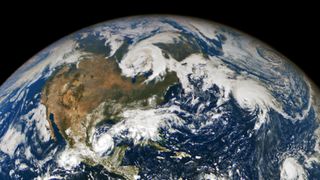earth
Latest about earth
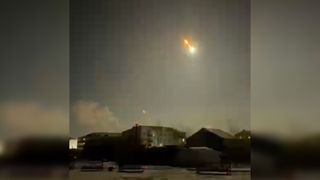
'Spectacular' asteroid blazes over Siberia just hours after it was detected
By Pandora Dewan published
Asteroid C0WEPC5 entered Earth's atmosphere at 1:15 a.m. local time on Dec. 4 over northeastern Siberia.

Mass extinctions make life 'bounce back stronger,' controversial study suggests
By Grace van Deelen, Eos.org published
Large-scale disruptions to life may ultimately increase ecological complexity over geologic timescales, though the risk of extinction always looms.
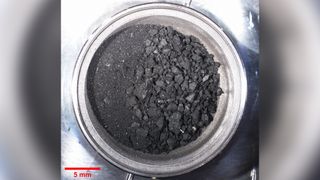
Samples of 'alien' asteroid Ryugu are crawling with life — from Earth
By Ben Turner published
Scientists have found microorganisms crawling over a sample retrieved from the 200 million-mile-distant asteroid Ryugu. But they almost certainly came from Earth.
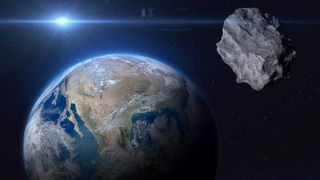
Earth's '2nd moon' escapes our planet's orbit — will it ever return?
By Ben Turner published
The mini-moon 2024 PT5, which has been orbiting Earth for two months and is likely a chunk of the moon, will now drift away from our planet in an orbit around the sun.
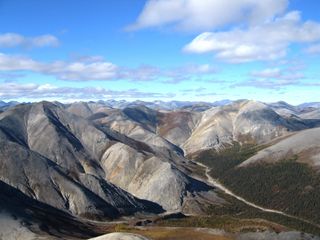
What is plate tectonics?
By Tiffany Means last updated
Blame plate tectonics for Earth’s mountains, earthquakes, volcanoes, and why its continents fit together like pieces of a giant jigsaw puzzle.
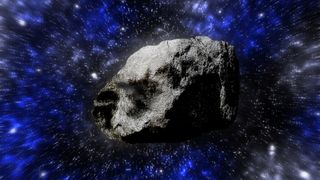
'God of chaos' asteroid may be transformed by tremors and landslides during 2029 flyby of Earth, study finds
By Deepa Jain published
When the 'God of chaos' asteroid Apophis makes an ultraclose flyby of Earth in 2029, our planet's gravity may trigger tremors and landslides that totally change the asteroid's surface.

How many weeks are there in a year?
By Richard Pallardy published
We take our timekeeping rules for granted, but the history of these rules is long and complex.
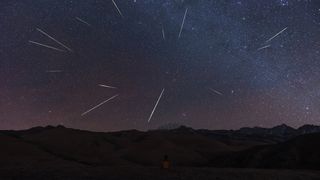
Most of Earth's meteorites may have come from the same 3 spots
By Conor Feehly published
Scientists say they've uncovered where the vast majority of Earth's meteorites came from.
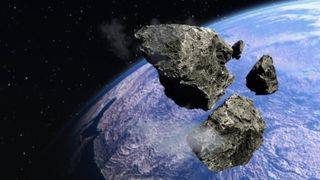
4 large asteroids, including a skyscraper-size 'city killer,' will zoom past Earth in a 12-hour span tomorrow (Oct. 24)
By Harry Baker published
Four "potentially hazardous" space rocks, which are between 100 and 580 feet across, will all make their closest approaches to Earth within less than 12 hours of one another on Thursday (Oct. 24). Two of them were only discovered earlier this month.
Get the world’s most fascinating discoveries delivered straight to your inbox.


